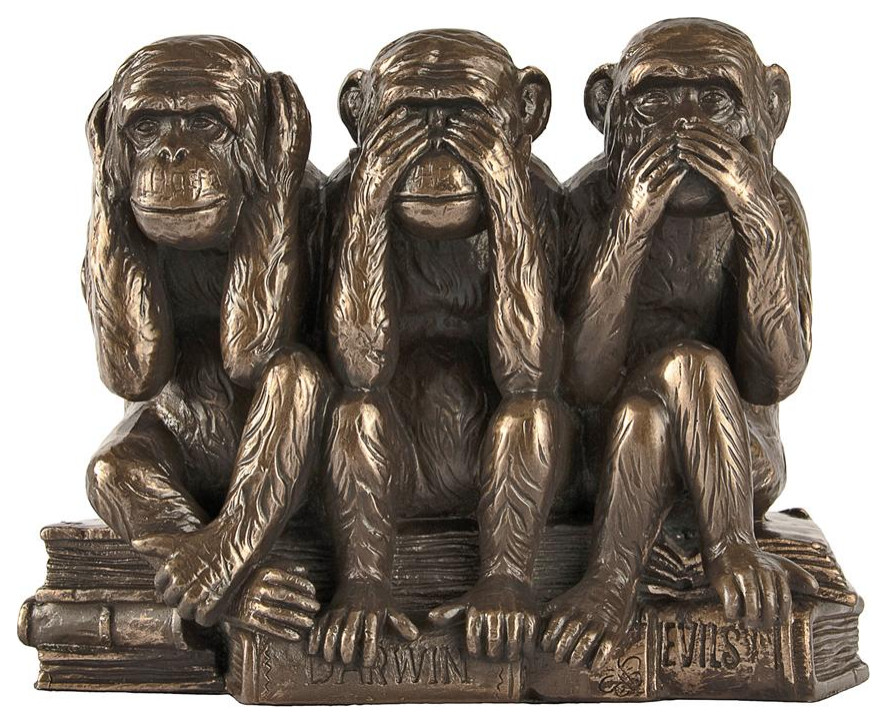Sweet Spirit vs Spirit of Light
August 3, 2022 Leave a comment
Many good-hearted people are sweet spirits; they gravitate towards the soft and immediately enjoyable and they’re content with the status quo. Few are spirits of light; they gravitate towards truth, no matter how hard or unpopular it is. The most outspoken modern prophet of unpopular truths, Ezra Taft Benson, pointed out that “As a people we love sweetness and light – especially sweetness.” Sweetness is comforting and popular. Light shines in dark places we’d rather avoid; places that in the back of our minds we know must be confronted.
After a first attempt to declare some hard truths was censored by a blind and hardened people, the ancient prophet Abinadi later returned to deliver the message he was commanded to give. Abinadi’s message was light, not sweetness. He warned that if the people didn’t repent that bondage, famine, disease and destruction would come to them. His message upset them. He was arrested and brought before King Noah and the government priests. In an attempt to disprove Abinadi’s message of light, the first thing the priests challenged him with was to interpret an isolated scripture of sweetness from Isiah:
“How beautiful upon the mountains are the feet of him that bringeth good tidings; that publisheth peace; that bringeth good tidings of good”.
The priests’ emphasis on the sweeter things was their way of trying to dim the lights Abinadi was using to shine on their darkness. In essence they were saying “If you were truly a prophet you’d be delivering good news, not bad news.” The temptation to focus on the sweet at the expense of the light is human nature. Light illuminates our faults and obligations. Sweetness, on the other hand, requires no responsibility.
Nehor taught a sweet message that subtly undermined light, repentance, agency, responsibility, justice and truth. He taught that the Nephites “need not fear nor tremble, but that they might lift up their heads and rejoice” because God will save all people in the end. It’s relieving to hear messages like this that remove personal accountability. Like many today who believe that peoples’ negative emotions aren’t their “fault” but are the result of external factors (e.g. religious upbringing), sweet spirits are attracted to affirmations that lift the weight of responsibility from their shoulders. Elder Jeffrey R. Holland called out sweet-spiritedness when he said:
“Sadly enough, my young friends, it is a characteristic of our age that if people want any gods at all, they want them to be gods who do not demand much, comfortable gods, smooth gods who not only don’t rock the boat but don’t even row it, gods who pat us on the head, make us giggle, then tell us to run along and pick marigolds. Talk about man creating God in his own image! Sometimes—and this seems the greatest irony of all—these folks invoke the name of Jesus as one who was this kind of “comfortable” God.”
It’s this same mentality that causes people past and present to be “offended because of the strictness of the word”; to say “We will not believe” when others point out that they’re on a destructive path; or get angry because someone spoke “plainly unto them concerning their secret works of darkness”; or when someone straightforwardly teaches hard truths “they tremble and anger against them”; or they “murmur because of the truth” and take “the truth to be hard”. As Samuel the Lamanite observed, we cancel spirits of light but:
“if a man shall come among you and shall say: Do this, and there is no iniquity; do that and ye shall not suffer; yea, he will say: Walk after the pride of your own hearts; yea, walk after the pride of your eyes, and do whatsoever your heart desireth—and if a man shall come among you and say this, ye will receive him, and say that he is a prophet.”
Sweet spirits seek validation. They want others to “accept them for who they are” and that includes accepting their preferences. To sweet spirits, the concept of loving the sinner and not the sin is not only foreign but hurtful. Spirits of light, on the other hand, acknowledge that there is right and wrong, seek to align themselves with what is right and are not offended or easily provoked when correction is offered.
The preference for sweetness over light isn’t just an issue for non-believers. Joseph Smith observed that even many good saints who have sacrificed everything for God’s kingdom “will fly to pieces like glass, as soon as anything comes that is contrary to their traditions”. Sweet spirits are spiritual snowflakes that evaporate the instant the sun shines.
Thus far this has perhaps been unfairly harsh towards sweet spirits. Joseph Smith taught that “By proving contraries, truth is made manifest.” Like mercy and justice, sweetness and truth are contraries that can both be good in their proper contexts. After saying that he is sending his disciples out like sheep amongst wolves, Jesus counseled us to be “wise as serpents” (spirits of light) AND yet “harmless as doves” (sweet spirits). We can’t be wise unless we embrace and love truth, regardless of how inconvenient it is to us. Those who don’t want to hear or accept that there are people motivated by dark and sinister intentions will likely become prey to those wolves. And simultaneously, we must be harmless, seek peace and never give an offense.
The tree of knowledge was of both good and evil. Those who only want to focus on the good and refuse to understand the evil are unnecessarily vulnerable. Being aware of the dark extents human nature is capable of will increase our ability to overcome that evil in ourselves and not be caught in others’ snares. Ignorance is not bliss; it’s mental slavery.
Sweet spirits who are silent about eternal truth out of a desire to “keep the peace” allow mercy to rob justice. Similarly, spirits of light who aren’t balanced by sweetness can be unkind, abrasive and mentally sucked into the dark abyss. Sunshine gives life but without appropriate balance, it can destroy.
Everyone is at various stages of spiritual development. Some individuals’ light is like a coal that requires strong winds to grow. Another individuals’ light is like a candle; a slight breeze can blow it out. Depending on the circumstances, we may need to be a sweet spirit or a spirit of truth. Being a sweet spirit is easy. We must be willing to be a spirit of light when circumstances require it.




